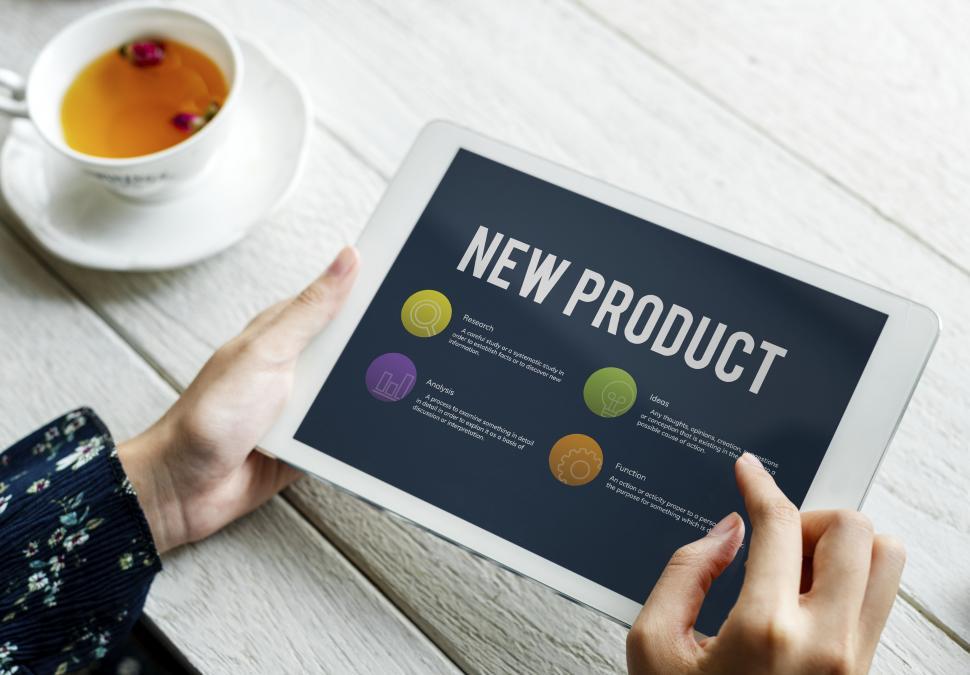Understanding the Role of a Product Manager
Defining the Product Manager Role
As we embark on this journey into the realm of digital product management, it’s essential to start by defining the core role of a Product Manager (PM). Product Managers are the driving forces behind the success of a product. They are visionaries who strategize, plan, and champion the development of digital products. PMs are responsible for identifying market opportunities, crafting a product roadmap, and leading cross-functional teams to transform ideas into reality. They bridge the gap between user needs and business goals, ensuring that the resulting product aligns with both.
Distinguishing Product Management from Project Management
It’s crucial to distinguish between Product Management and Project Management, as they play distinct yet complementary roles in the tech industry. While Product Managers focus on “what” to build, Project Managers are concerned with “how” to build it. PMs set the product strategy, prioritize features, and align development with market needs. Project Managers, on the other hand, excel in executing plans, managing timelines, and allocating resources effectively. Both roles are essential, but they cater to different aspects of product development.
Navigating the Industry Landscape
In the ever-evolving tech landscape, successful Product Managers must navigate industry trends, emerging technologies, and competitive forces. Staying informed about the latest developments is critical for making informed decisions. By monitoring market shifts and identifying emerging opportunities, PMs can steer their products toward success. This awareness allows them to adapt to changing user preferences, technological advancements, and competitive challenges.
The Path Ahead
As we progress through this course, you’ll gain a comprehensive understanding of digital product management. We’ll delve into various aspects, from the initial stages of idea generation and validation to the intricacies of development lifecycles, data-driven decision-making, and monetization strategies. Along the way, you’ll explore agile methodologies, the principles of design thinking, and the art of effective stakeholder communication. Each week will provide you with valuable insights and practical skills to excel in your role as a digital Product Manager.
Key Takeaways
- Product vs. Project: Product Managers focus on defining the “what” and “why” of a product, while Project Managers concentrate on the “how” and “when” of execution.
- PM’s Strategic Role: Product Managers are responsible for shaping a product’s vision, strategy, and alignment with user needs and business goals.
- Industry Awareness: Staying informed about industry trends and shifts is crucial for making informed product decisions and maintaining product relevance.
As we begin this journey, remember that product management is at the intersection of innovation, strategy, and user-centric thinking. Embrace the challenges and opportunities that lie ahead, and let’s explore the dynamic world of digital product management together.
What does a digital project manager do?
A digital project manager is responsible for overseeing the planning, execution, and successful delivery of digital projects within an organization. Their primary role is to ensure that digital initiatives, such as website development, mobile app creation, or online marketing campaigns, are completed efficiently and meet predefined goals. Digital project managers collaborate with cross-functional teams, including designers, developers, and content creators, to ensure that project timelines, budgets, and objectives are met. They also play a crucial role in managing project risks, resolving issues, and communicating project progress to stakeholders. In essence, digital project managers are instrumental in turning digital ideas into tangible, successful outcomes.
What is the digital project management process?
The digital project management process involves a series of structured steps to initiate, plan, execute, and close digital projects effectively. It typically begins with project initiation, where project goals, objectives, and stakeholders are identified. Next comes project planning, which includes defining project scope, timelines, and resource allocation. The execution phase involves team collaboration, task management, and monitoring project progress. Once the project is completed, the closing phase includes evaluating project performance and delivering the final product.
Throughout this process, digital project managers utilize project management methodologies like Agile, Scrum, or Waterfall, depending on project requirements. Effective communication, risk management, and stakeholder engagement are integral components of this process to ensure successful project delivery.
What are examples of digital projects?
Digital projects encompass a wide range of initiatives in the digital realm. Some common examples include:
- Website Development: Creating or redesigning websites to enhance user experience and achieve specific business objectives.
- Mobile App Development: Building mobile applications for iOS and Android platforms to provide services or products to users.
- Digital Marketing Campaigns: Planning and executing online marketing strategies, including SEO, social media advertising, email marketing, and content marketing.
- E-commerce Initiatives: Launching and optimizing online stores to facilitate product sales and enhance customer interactions.
- Software Development: Developing software solutions, such as customer relationship management (CRM) systems, project management tools, or custom applications tailored to business needs.
- User Interface (UI) and User Experience (UX) Design: Enhancing the visual and interactive aspects of digital products to improve user satisfaction and usability.
What is the difference between a project manager and a digital project manager?
While project managers oversee a wide range of projects across various industries, digital project managers focus specifically on digital initiatives. The key differences lie in their areas of expertise and the nature of projects they manage. A project manager may handle construction, manufacturing, or non-digital projects, while a digital project manager specializes in overseeing digital projects, such as website development, mobile app creation, or online marketing campaigns.
What are the top 3 skills for a Product Manager dealing with digital products?
Digital project managers often possess knowledge of digital technologies, user experience design, and online marketing strategies, which are essential for the successful execution of digital projects. They are also well-versed in agile methodologies commonly used in digital project management. In contrast, traditional project managers may have a broader skill set that applies to various project types but may not have the specific expertise required for digital initiatives.
